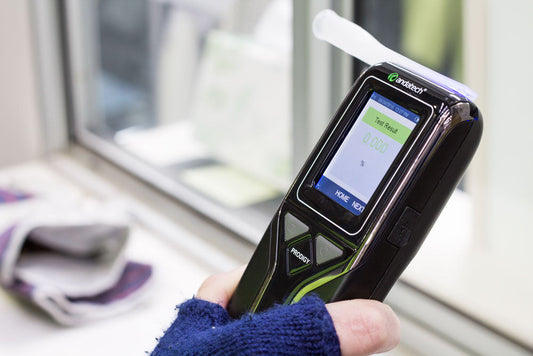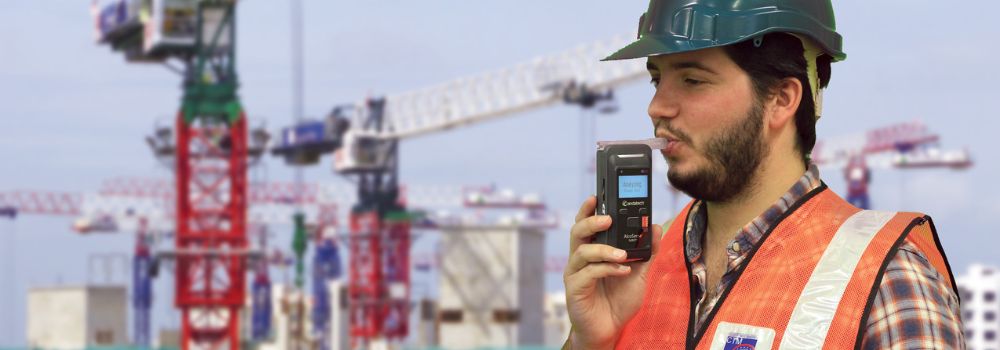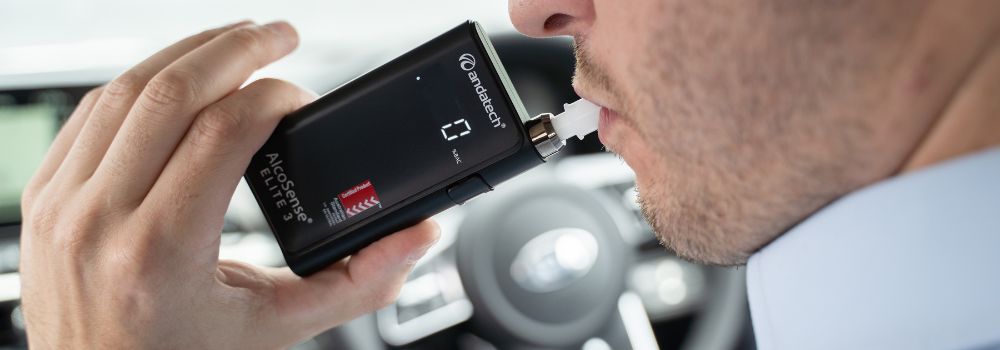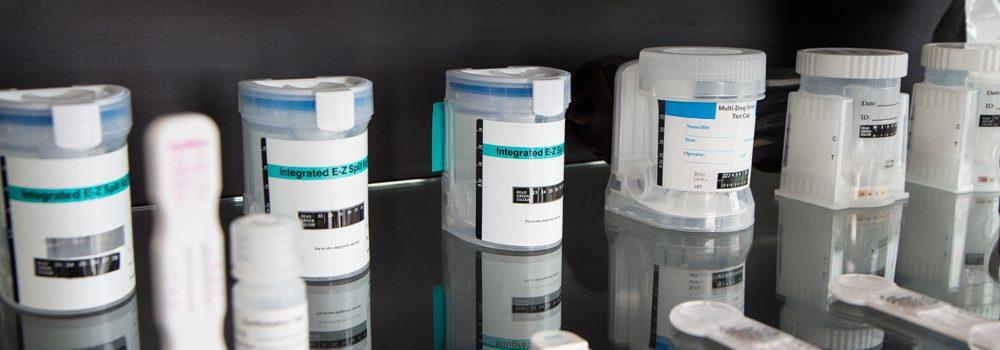Schools and nurseries are spaces of trust, care, and responsibility. When those entrusted with educating or caring for children are implicated in drug offences, the impact goes far beyond the individual — it affects reputation, safety, and community confidence.
In recent times, Malaysian media has reported a teacher’s arrest for involvement in drug trafficking, sparking questions about how educational institutions should respond.
Malaysian educators caught in drug trafficking
In November 2024, a male teacher in Petaling Jaya was arrested on suspicion of trafficking ganja (cannabis) in Damansara Damai.
- The police seized approximately 0.21 kg of cannabis, estimated to be worth RM 6,300.
- A preliminary urine screening indicated the suspect tested positive for cannabis.
- The individual is a teacher at a school in PJ, with no previous criminal record announced.
This case reminds us that the issue of drug involvement isn’t just about students — it can also involve staff. It’s a serious breach of professional expectation and trust.
In a separate case this year, a primary school teacher in Shah Alam was charged with possessing drugs (yaba pills) without authorised permission and is currently awaiting trial.
These cases ring further alarm bells as the New Straits Times reported that school children as young as 12 years old start taking yaba pills and other drugs, which fuel the slippery slope of drug addiction.
Why this matters in educational settings
Duty of care & student safety
Teachers and childcare staff hold responsibility for vulnerable young people. Impairment related to substance use could compromise supervision, decision-making, and student wellbeing.
Erosion of trust
Parents, communities, and regulatory bodies expect high ethical standards in schools. When an educator is implicated in a drug-related offence, it undermines confidence in the institution.
Legal & reputational risk
Schools or nurseries could face backlash, scrutiny, or regulatory consequences if such incidents occur under their watch. They must demonstrate they have safeguards in place.
Deterrence & culture
Knowing that institutions take substance use seriously — with policies and testing frameworks — can deter misuse among staff and promote accountability.
Considerations & challenges
- Privacy and rights: Educators are employees with legal protections around privacy, due process, and consent. Any testing must comply with applicable laws and fair employment practice.
- False positives & confirmation: Initial screenings need confirmatory testing to avoid wrongful accusations.
- Stigma & morale: Testing policies must be implemented sensitively so that staff don’t feel distrusted or undermined.
- Operational logistics: Deciding when, where, how frequently testing occurs; which substances to include; who conducts the tests; and how results are handled.
- Transparency & communication: Clear policies and open dialogue are essential so staff understand the purpose, safeguards, and consequences.
Best practices schools and nurseries should consider
- Develop a clear, written drug-use policy: Define substance tests, circumstances (pre-employment, random, post-incident, suspicion-based), thresholds, and safeguards.
- Consent and confidentiality: Ensure testing is done with informed consent and results handled discreetly.
- Support and rehabilitation: Positive tests should trigger counseling and support pathways, not just punitive action.
- Reliable testing methods: Use reputable, certified drug test kits with confirmatory lab testing for accuracy.
- Staff training and communication: Educate employees, management, and board members on the policy, rights, and rationale.
- Review and audit: Periodically assess the effectiveness, fairness, and acceptance of the program.
Conclusion
The recent cases of teachers involved in drug cases in the country illustrates that even trusted educational settings are not immune to substance misuse. While such cases may be rare, they highlight the importance for schools and nurseries to consider how they can safeguard their environments, protect students, and preserve public confidence.
By establishing fair, transparent, and supportive drug-use policies, educational institutions signal that they take their duty seriously — to students, staff, and the community alike.
👉 If your institution wants guidance on designing a testing framework or policy suited to educational settings, we’d be happy to assist. Reach out to Andatech Malaysia for free consultation on alcohol and drug safety at work!
Disclaimer: The information provided in this article is for general reference only. Please seek advice from professionals according to your business’s needs.
Written by Andatech Malaysia









